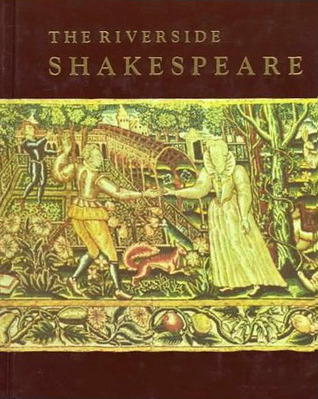If stranded on a desert isle, is there really any question which one book you should have with you? All I can say is that if it were me, I would want that book to be Survival Guide for the Mariner. However, Shakespeare’s complete works, collected all into one volume is about as magnificent as any single art object could be.
Harry Levin writes of the age in which Shakespeare lived: “[T]he most salient characteristic of Jacobean culture was its devotion to the pursuit of knowledge, which involved the most searching introspection and the most fanciful speculation, along with the ambitious program for science that Bacon outlined….” And E.M.W. Tillyard, similarly, writes: “The Elizabethans were interested in the nature of man with a fierceness rarely paralleled in other ages; and that fierceness delighted in exposing all the contrarieties in man’s composition.” If you believe these scholars then, Shakespeare was by no means unique in his study of the machinations of the human heart. Tillyard again: “[N]ot to know yourself was to resemble the beasts, if not in coarseness at least in deficiency of education. To know yourself was not egoism but the gateway to all virtue….” Everybody in those days wanted to understand their own passions, the better to harness them to reason. What is impossible to ignore is that Shakespeare observed them and creatively depicted them better than anyone in his own time, and better, possibly, than anyone before or since.
Harry Levin’s General Introduction to the 1974 Riverside Shakespeare is a lucid, unpretentious skeleton key to the meanings and methods of the uncanny William Shakespeare–an essential piece of reading and a good place to start. I don’t like the double columns on the vast pages of the Riverside. It takes forever to get through just one page, which I find demoralizing. But this is the cost of having it all in one volume I guess.
